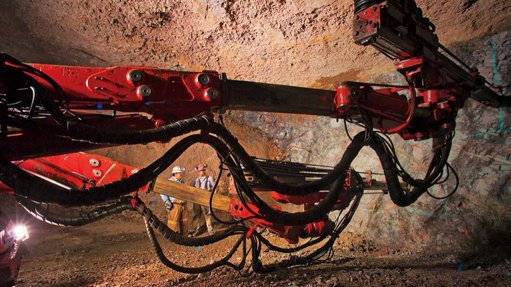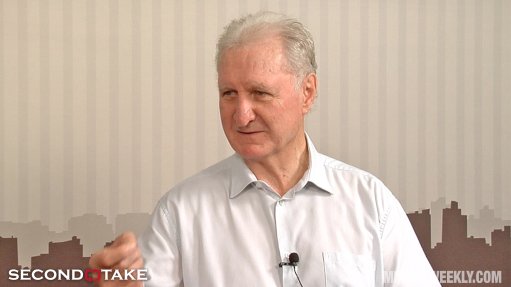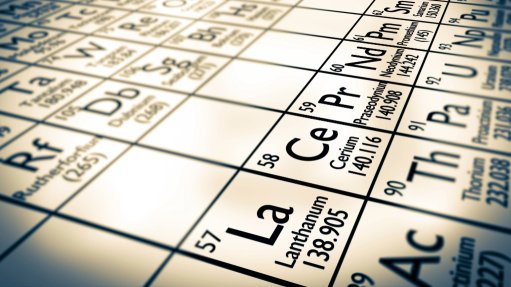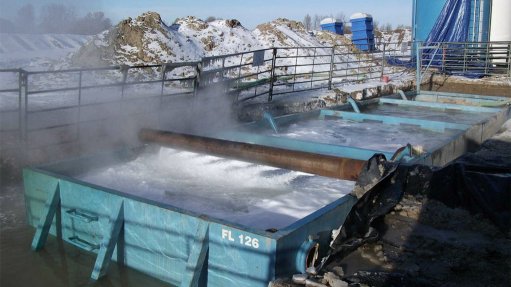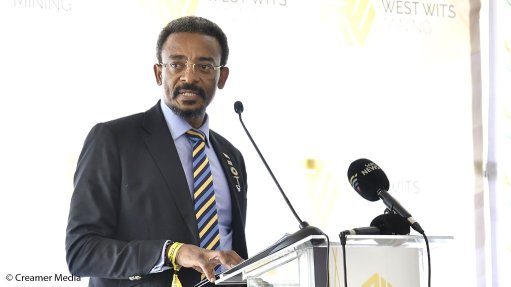Transition sweet spot
There will naturally be some cynicism over BP’s strategy overhaul, designed to transition the oil major into an integrated energy company that is progressively made up of a portfolio of low-carbon technologies, including renewables, bioenergy, hydrogen and carbon capture utilisation and storage.
By 2030, BP aims to have developed around 50 GW of net renewables generating capacity and to have reduced its oil and gas production by at least one-million barrels of oil equivalent a day.
Even amid growing stakeholder and shareholder pressure to reform, seeing the strategy in black and white is nevertheless startling. It is also a strong indication that resisting the energy transition is not only environmentally reckless, but potentially corporate suicide.
Indeed, the clamour for national net-zero plans is becoming deafening, with Chinese President, Xi Jinping, using his virtual address to the United Nations General Assembly last month to pledge carbon neutrality before 2060. Earlier, the European Union placed the goal of being climate neutral by 2050 at the heart of the ‘European Green Deal’, part of the bloc’s €750-billion Covid-19 recovery plan. BP itself is aiming to become net zero by 2050.
BP acknowledges the uncertainty surrounding the transition, but highlights three key certainties to which it has aligned its strategy: fossil-fuel consumption will decline over the coming 30 years; renewable energy will surge; and the penetration of electricity into energy services, such as mobility and heating, will deepen. All three of these megatrends have been highlighted time and again by the International Renewable Energy Agency and the International Energy Agency.
What does this mean for South Africa?
Despite its current coal dominance, this country is in a transition sweet spot. It has formidable wind and solar resources and the land to accommodate them. Besides Medupi and Kusile, Eskom’s coal fleet is nearing decommissioning and can be replaced with cleaner solutions that are now also the cheapest producers, even when complemented by expensive flexible generators.
South Africa already has high electricity penetration levels in industry and is home to automotive manufacturers that are all planning electric vehicle (EV) model launches. Many households have electric geysers and a secure location for overnight EV charging too boot.
The risk of overbuilding is low, as there is an opportunity to convert any surplus electricity into competitive green hydrogen using water saved as a result of coal plant decommissioning. What’s more, through Sasol, the country has experience in converting hydrogen into drop-in fuels and chemicals.
As if that were not enough, the country also produces some of the critical minerals, including platinum and vanadium, needed for the transition.
All that is required now is a clear-sighted policy statement, articulated through an Integrated Energy Plan, which hitches this country’s future to that transition.
Article Enquiry
Email Article
Save Article
Feedback
To advertise email advertising@creamermedia.co.za or click here
Announcements
What's On
Subscribe to improve your user experience...
Option 1 (equivalent of R125 a month):
Receive a weekly copy of Creamer Media's Engineering News & Mining Weekly magazine
(print copy for those in South Africa and e-magazine for those outside of South Africa)
Receive daily email newsletters
Access to full search results
Access archive of magazine back copies
Access to Projects in Progress
Access to ONE Research Report of your choice in PDF format
Option 2 (equivalent of R375 a month):
All benefits from Option 1
PLUS
Access to Creamer Media's Research Channel Africa for ALL Research Reports, in PDF format, on various industrial and mining sectors
including Electricity; Water; Energy Transition; Hydrogen; Roads, Rail and Ports; Coal; Gold; Platinum; Battery Metals; etc.
Already a subscriber?
Forgotten your password?
Receive weekly copy of Creamer Media's Engineering News & Mining Weekly magazine (print copy for those in South Africa and e-magazine for those outside of South Africa)
➕
Recieve daily email newsletters
➕
Access to full search results
➕
Access archive of magazine back copies
➕
Access to Projects in Progress
➕
Access to ONE Research Report of your choice in PDF format
RESEARCH CHANNEL AFRICA
R4500 (equivalent of R375 a month)
SUBSCRIBEAll benefits from Option 1
➕
Access to Creamer Media's Research Channel Africa for ALL Research Reports on various industrial and mining sectors, in PDF format, including on:
Electricity
➕
Water
➕
Energy Transition
➕
Hydrogen
➕
Roads, Rail and Ports
➕
Coal
➕
Gold
➕
Platinum
➕
Battery Metals
➕
etc.
Receive all benefits from Option 1 or Option 2 delivered to numerous people at your company
➕
Multiple User names and Passwords for simultaneous log-ins
➕
Intranet integration access to all in your organisation











